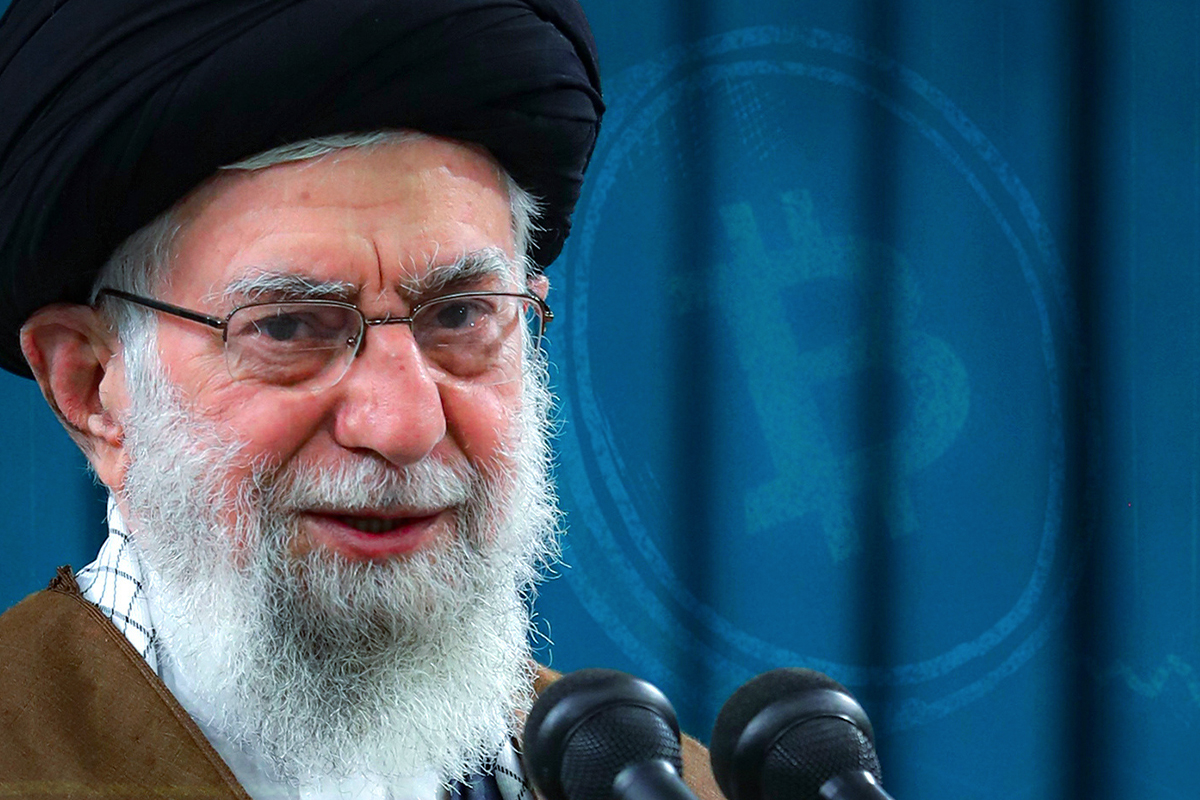HEFTY sanctions were imposed on Iran by the US in 2018 as the White House sought to apply “maximum pressure” to force it to reduce its ballistic missiles program.
The impact was almost immediate with Iran’s economy collapsing into recession, dozens of foreign companies pulling out of the country, and living costs rising drastically.
But fast forward four years and Iran is thought to have found a way around the crippling measures implemented by the US.
Is Iran sidestepping sanctions using crypto?
Earlier this month the blockchain researcher Chainalysis exposed the widespread use of cryptocurrency to avoid the economic sanctions imposed on Iran.
It found that a staggering $7.8billion had been traded between Binance and Iran’s largest crypto exchange, Nobitex since 2018.
The vast majority of the transactions that passed between the exchanges were made in Tron which allows users to keep their identities hidden.
Sign up to get our weekly cryptocurrency, NFT and metaverse news round-ups direct to your inbox
Nobitex even wrote on LinkedIn earlier this year that the exchange allows Iranians to invest encrypt despite “the shadow of sanctions” and it gives advice on its website about how to use crypto to get around the economic measures imposed by the US.
It highlights how Tron can be used to trade anonymously without “endangering assets due to sanctions.”
The exchange adds that its customers should avoid “the direct transfer” of crypto between Iranian and foreign platforms to “maintain security”.
Binance has insisted it follows the rules of the international sanctions imposed.
READ MORE ON 24/7 CRYPTO HERE
After Chainalysis’s research was made public, the exchange’s founder, Changpeng Zhao, said on social media: “Binance banned Iranian users after sanctions, seven got missed/found a workaround, they were banned later anyways.”
As well as Binance being used to help transfer funds while avoiding sanctions, in August, Iran gave permission for crypto to be used to pay for imports.
cybersecurity analyst Ali Plucinski said earlier this month: “The Iranian government has announced its intention to bolster foreign trade with specific countries through the use of cryptocurrencies and smart contracts.”
She added: “Iran has increasingly utilised cryptocurrencies, and crypto mining, in recent years to evade US-imposed sanctions on its economy and to bolster domestic revenue with some success.
“Iran possesses significant natural resources, especially natural energy resources, and in response to strong US sanctions on its oil and gas sector, Iran has instead diverted some of these resources to the production of electricity to fuel crypto-mining and the accrual of cryptocurrencies.”
Iran is estimated to have mined $186million worth of Bitcoin between 2015-21. It is now thought almost five percent of all Bitcoin mining takes place in the country, giving Iran substantial funds of crypto to avoid sanctions with.
How has the US responded to Iran’s crypto tactics?
So far the US Treasury has remained tight-lipped about the evidence of Binance being used by Iran to avoid sanctions.
However, earlier this year it fined the Washington-based cryptocurrency trading platform Bittrex $29.3million for what it said were multiple sanctions breaches.
Bittrex was found to have done business with individuals in Iran, as well as Sudan, Syria and Cuba.
The Treasury warned at the time that it “will not hesitate to act when it identifies willful violations” of sanctions.
However, it may have trouble taking action against Binance as it is not an American company and does not allow customers in the US to sign up to the platform.
Binance spokesman Patrick Hillmann said: “Binance.com is not a US company, unlike other platforms that have exposure to these same US sanctioned entities.”
